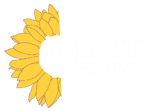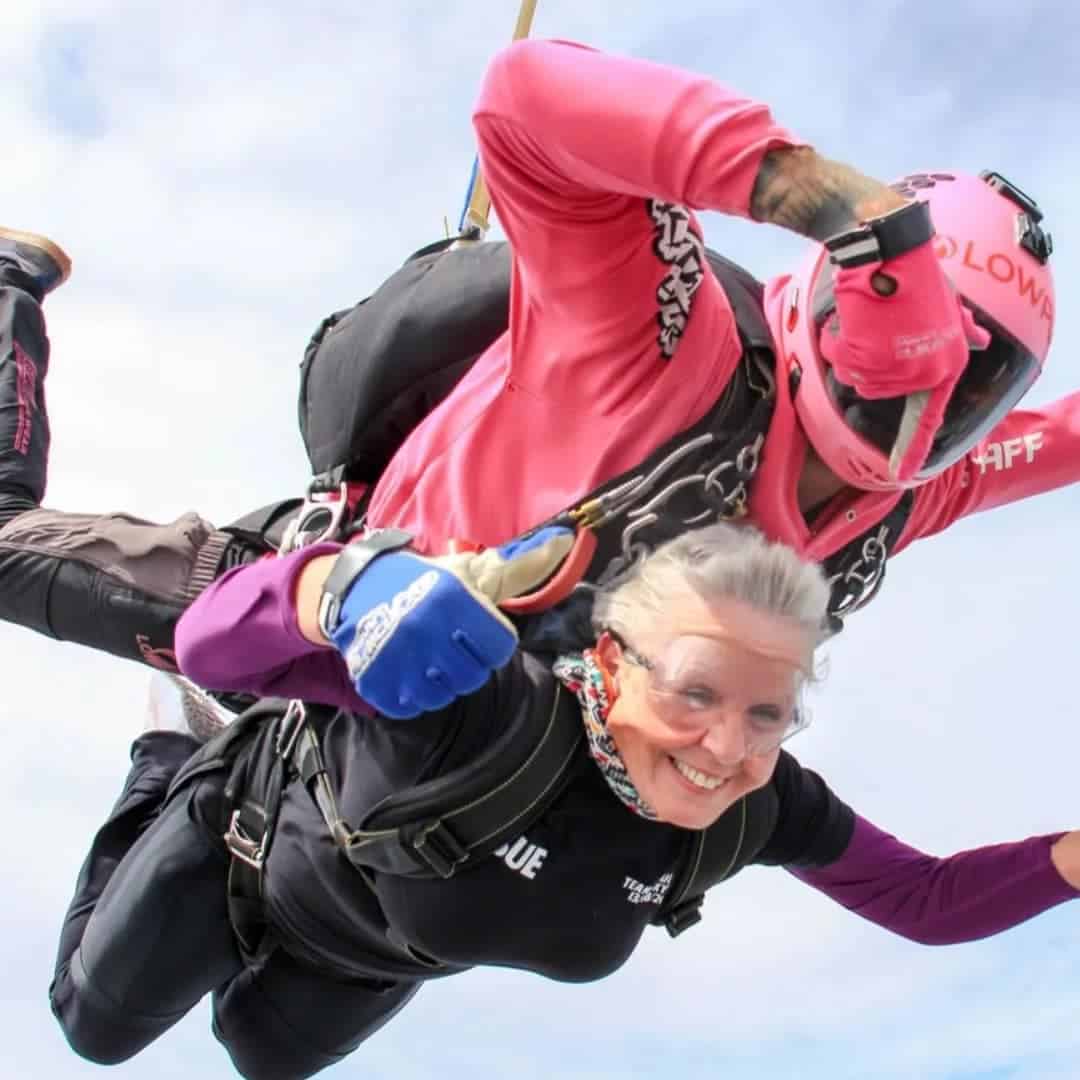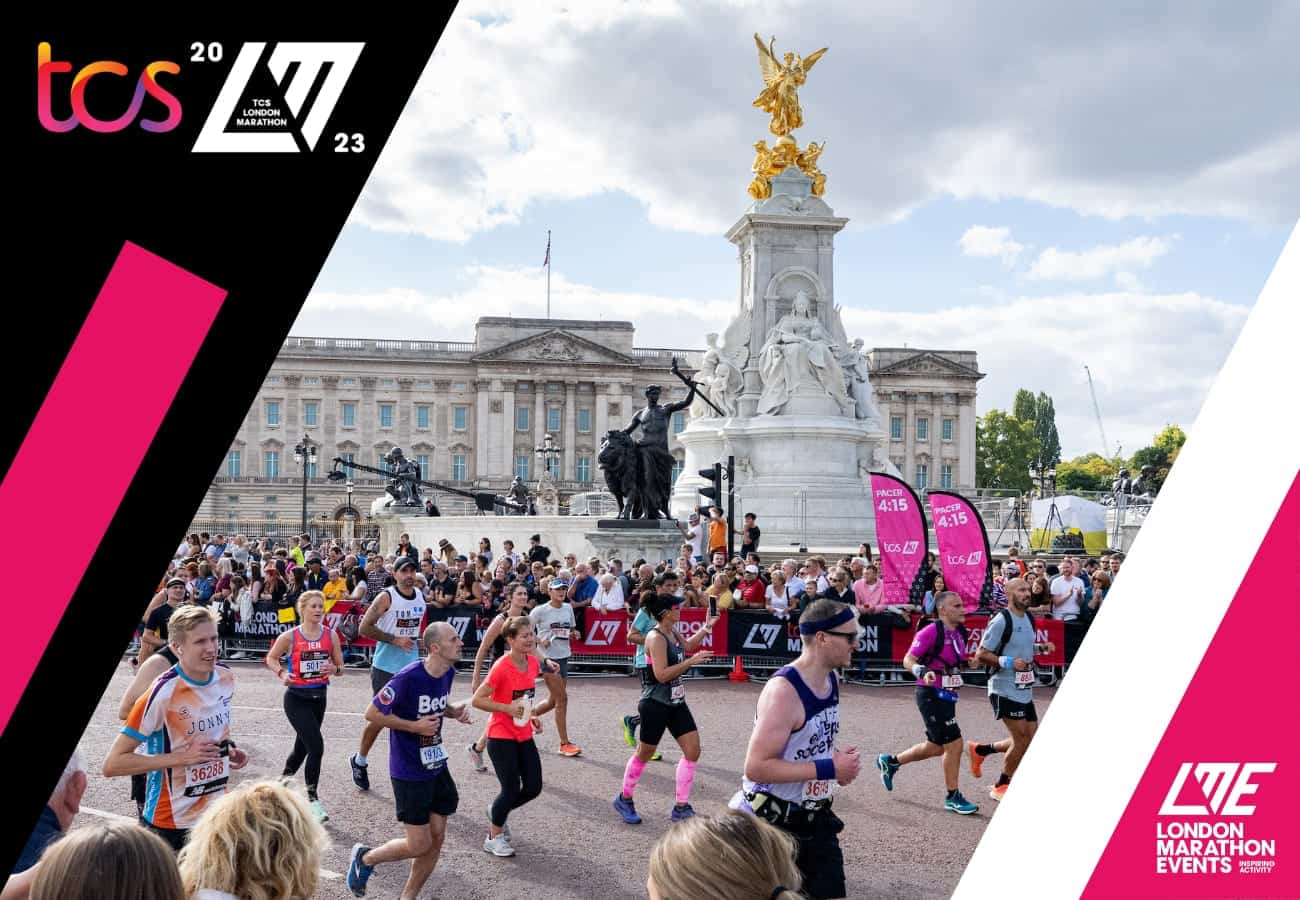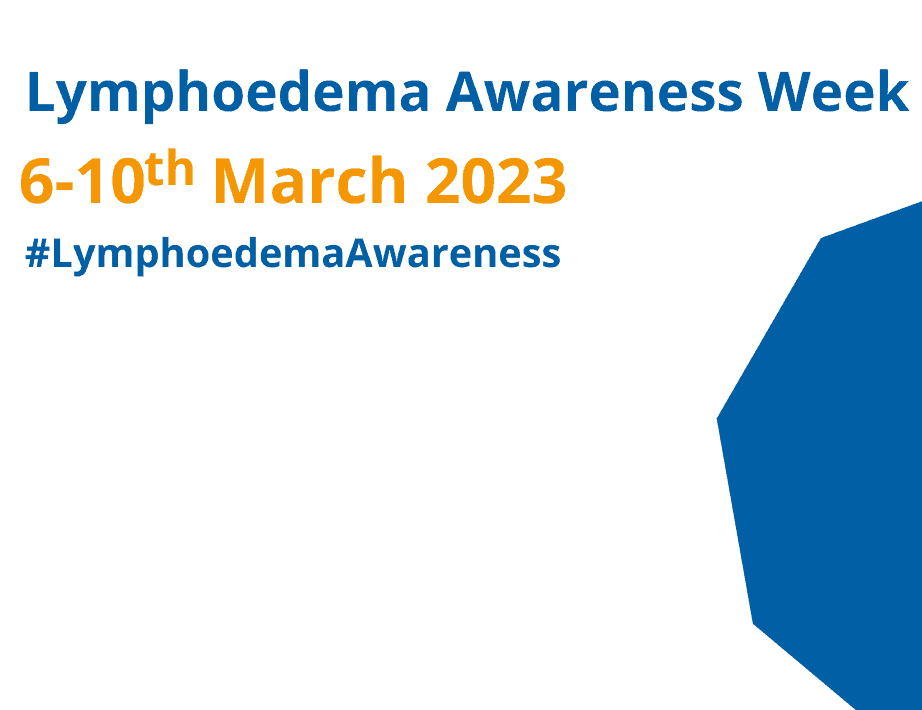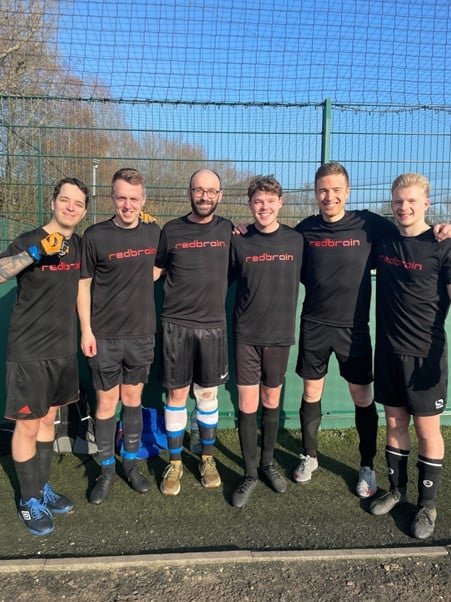International Nurses Day Interview – Kay Greene
 12 May 2021
12 May 2021International Nurses Day marks the birth of Florence Nightingale on 12th May 1820. To mark the day our nurses have given us their time to give some insights into their roles.
To get us started we sat down and spoke with Kay Greene, Director of Clinical Services at Mary Ann.
Tell me a little bit about yourself
Hi, I’m Kay and I’ve been a nurse for nearly 40 years. My professional career has mainly been spent in the hospice arena, however I am also qualified as a district nurse and hold an BSc (hons) degree in palliative care and an MA in professional healthcare studies. Aside from my nursing career which I am very passionate about, on a personal level my passions and interests are my family – especially my four grandchildren, my much loved pug grumble of four, anything to do with Walt Disney World and visiting USA, sewing, knitting, attending scooter rallies across the UK – I am hoping to learn to ride a Vespa scooter before I retire! I am also primary catholic school Foundation Governor and help the Pug Dog Welfare and Rescue Charity voluntarily with governance processes as well as rehoming/fostering pug dogs in need – a busy life!
What made you decide to become a palliative care nurse?
I had always wanted a career as a nurse and from school attended pre-nursing course at our local college. I had a particular interest in understanding about cancer related illnesses during my course which I am pleased to say I successfully completed in one year. So at the age of 17, I was too young to start nurse training and took an interim office role for a construction company. Sadly whilst working in the office my mum became terminally ill with cancer and our experience as a family was not what I would wish others to experience. I am proud to say though that in 1981 whilst faced with many challenges and what felt like very little practical and emotional support, we cared as a family for mum at home, which is where she died. Once I was allowed to start my nurse training – I had to defer starting as planned when 18 because of the death of my mum – I was always drawn to caring for those whom were not going to recover from their illnesses – I wanted their and their family’s experiences to be the best it could possibly be. I knew then that I wanted a career in caring for people and their families at the end of life so I could make a difference to their experiences and make such a difficult time the absolute best it could possibly be given the circumstances.
How does your role cover both mental and physical health of patients?
When caring for people and their families who are approaching the end of their lives you cannot separate out their mental and physical health so easily into compartments. In the very early days of working with the hospice movement – in the late 1980’s, I learnt about a holistic approach to care for the person dying and their family. The Greek word “holos” means “whole.” Holism regards given forms of existence as something whole and not as something composed of parts…. only the connection of the parts causes the structure of the whole. This is why you cannot separate out emotional and physical health – they are intertwined and have an impact on each other. Furthermore, this is also why it is so fundamental to talk with our patients and families as a “whole” and help them with their problems, concerns and worries together.
Which parts of your job do you like the most and why?
I am an extremely passionate about the care provided for patients and their families – what is happening to them, what they are experiencing, “going through” is genuinely important and matters to me. I am ambitious and driven personally by exceptionally high standards across all aspects of my roles – this in turn impacts of the care received by our patients and their families and hopefully ensures they have the best experience possible when faced with the death and loss of their loved one. As the most senior nurse I particularly enjoy leading and inspiring the colleagues I work with to develop innovative services whilst also building on what is successful and important to the local community and their expectations of their local Hospice. I am committed to ensuring the organisations I work with have ambitious strategies with realistic, cost effective action plans whilst also ensuring the financial robustness of services provided.
I am an open, honest and transparent individual and value the people I work with. The organisational culture and specifically the culture and approach of the leadership team are particularly important to me as I believe these influence the success of the organisation, ultimately impacting on all aspects of the care services provided. If we have a healthy ethos and culture to our work and the care we provide then this makes things as good as we possibly can for our patients and families as they will be cared for staff who are happy, proud and committed to ensuring the best outcomes possible for people receiving our care.
Which parts of your job do you find the hardest and why?
When I am working clinically, walking the path of the experience of the dying person and their family always affects me – I particularly resonate with situations I personally have similarly experienced. I will always find this emotional work to do and genuinely care for those I am serving. However, I have plenty of ways for me to embrace this and to connect with the emotions I feel. Having a view on the “meaning of life” and human existence has helped me throughout my career with this challenging side of my work.
What is the one thing that stands out that your job has taught you?
My job has taught me to live each day to the full, to not take for granted that I will grow old and have lots of time in retirement to spend with those I love or to do the things I enjoy. To love my family and friends and cherish them each day and most especially to ensure they know I love them too. My family also know what I want them to play at my funeral and that the undertakers must use my own lipstick and blusher – I never the leave the house without either of these items being used!! So, I guess what I am saying is the – ensure those who matter to you know the essence of you, and how you would want to be remembered when at all possible!!
Do you have any advice for those wanting to become a palliative care nurse?
Becoming a palliative care nurse is a calling – it’s not something that everyone can do. To be a palliative care nurse you will need to have, or must develop, emotional rigour, compassion, self-awareness, confidence, generosity and most importantly courage. Being a palliative care nurse is about being brave, caring in ways which are “outside of the box” to ensure those you are caring for have the most optimum experience possible when faced with their death and that whatever truly matters to them as a person as they leave this mortal earth – that you have contributed to ensuring wherever possible, they achieve what they have expressed means most to them.
